Today’s readings
I wonder if this solemnity of Christ the King is one to which many people can relate. In our American society, so many people don’t recognize or accept any authority outside of their own personal opinion of what is okay, let alone grasp the concept of a monarchical, top-down method of government.
And even if we were looking for a king, what kind of king is this? Our gospel reading today presents a picture of a king who, objectively speaking, seems to be rather a failure. This is not a king who lived in a lavish palace and expected the blind obedience of all those around him. This is not a king who held political office, or led a great army. His message has always been quite different than that, and now today, look at him hanging on the cross between two hardened criminals. That one of them thinks to ask Jesus to remember him when he comes into his kingdom is almost laughable, but, well, there it is. There is our king. This feast leaves us on the very last Sunday of the Church year with more questions than, it would seem, could ever possibly be answered.
This wasn’t the kind of thing the Jews were expecting, of course. They had long been expecting an Anointed One, but never one like this. Their whole picture of a Messiah had been one of political greatness and military strength, one who would restore the sovereignty of Israel and reestablish Jerusalem as the great political and religious city that it had once been. That was the Messiah they were looking for, but what they got was one who was so much of a suffering servant that he ended up on a cross. Pilate’s inscription, “This is the king of the Jews” was sarcastic and completely offensive to them, which of course is exactly what he intended.
So it’s easy to see why the Jews might not have noticed that this one was their king. It’s easy enough to even see why they would have chosen to ignore his kingship. But we can’t miss it: we have heard the Word proclaimed all year long and we know that this is the way that God chose to save the world. There are times, of course, when we could do with a bit more opulence and certainly a lot less suffering. But Jesus is the king of our reality, not of our fantasy, and so he is not ashamed to herald the cross as the gateway to the kingdom and the instrument of our salvation.
And we have to admit that we are a people who need a king like this. We might want a king to give us greatness and rest from our enemies, but that’s not real. What’s real is our suffering, whether it’s illness, or grief, or job dissatisfaction, or personal troubles, or family strife, or broken relationships, or any other calamity. Suffering happens, and that’s why Jesus chose the image of the Suffering Servant as the motif of his kingship. St. Paul says today in our second reading from his letter to the Colossians that “in him all things hold together.” Even when the world seems to be falling apart for us, we can trust in the Suffering Servant to walk with us and hold everything together.
And so, as preposterous as it may sound to others, we know that Christ is our King. His Kingship, he says in another gospel, is not of this world. No, he was not a king who came with great fanfare, oppressing peoples and putting down vast armies. No, he was not the king who restored Israel to the Davidic monarchy that began in this morning’s first reading. His power was not exercised over the political forces of this world, as much as it was exercised over the power of evil in the world. He is the King who conquered, once and for all, the things that really plague us: evil, sin and death. His Kingdom was not defined by his mortal life, but in fact begins just after he gives up that mortal life. Unlike earthly kings, his power is everlasting.
In 1925, Pope Pius XI, in the face of rising nationalism and Fascism, instituted the Feast of Christ the King to reassert Christ’s sovereignty over all forms of political governance. Jesus Christ is not just one king among others, but rather he is the King of kings and Lord of lords. Perhaps, if this feast had been instituted today, our Church might be reasserting Christ’s sovereignty over all powers of cynicism, relativism, and apathy. Jesus Christ our King is, as he says in another place, “the way, the truth, and the life” and there is no other way to the Father, no other way to the kingdom, no other way to life eternal than to take up our cross and follow our King through the sadness of sin and brokenness, through the pain of death, to the glory of his kingdom. And so we have to say with boldness and conviction on this day that one religion isn’t as good as another; that it’s not okay to skip Mass to go to your child’s basketball game; that Sunday isn’t just a day to sleep in, or shop the malls, but rather a day to worship our King who is the only One who can give us what we really yearn for; what this life is all about.
And so this is how we wrap up our Church year. Next week we begin anew, the first Sunday of Advent. On this last Sunday of the year, it makes sense that we stop for a minute, and look back at the year gone by. How has it been for us? Have we grown in faith? Have we been able to reach out to the poor and needy? Has our faith really taken root in our lives, have we been people who witness to the truth with integrity and conviction and fearlessness? Have we put our King first in our lives or have we been worshipping false gods, attaching our hopes to impotent kings, recognizing false powers, and wandering off the path to life?
If we have been lax about our faith this year, if we have given ourselves to relativism and apathy, then this is the time to get it right. On this eve of the Church’s new year, perhaps we might make new year’s resolutions to worship our King in everything we say and everything we do. Because nothing else is acceptable, and anything less is offensive to our King who gained his Kingship at the awesome price of his own precious life that we might be able to live with him in his kingdom. Maybe we can resolve to get to Mass every Sunday and Holy Day of obligation, not just when it works out in our schedule, and including those times when we travel (there are Catholic churches pretty much everywhere). Or perhaps we can resolve to reinvigorate our prayer lives, making time every single day to connect with our Lord, to remember our Sunday worship, to seek his guidance in all our endeavors and plans, to strive to catch a glimpse of the Kingdom in the quiet moments of our prayer. And certainly we must resolve to live the Gospel in its fullness: to reach out to the poor and needy, to live lives of integrity as we participate in our work and in our communities, to love every person God puts in our path. On this “new Church year’s eve” we must resolve to be followers of the King in ways that proclaim to a cynical and apathetic, yet watching world, that Jesus Christ is King of kings and Lord of lords and that there is absolutely no other.
Our prayer on this glorious Solemnity of Our Lord Jesus Christ the King must be the prayer of Saint Dismas, the “good thief” as he hung upon the cross: “Jesus, remember me when you come into your kingdom!” Pray that with me in song…
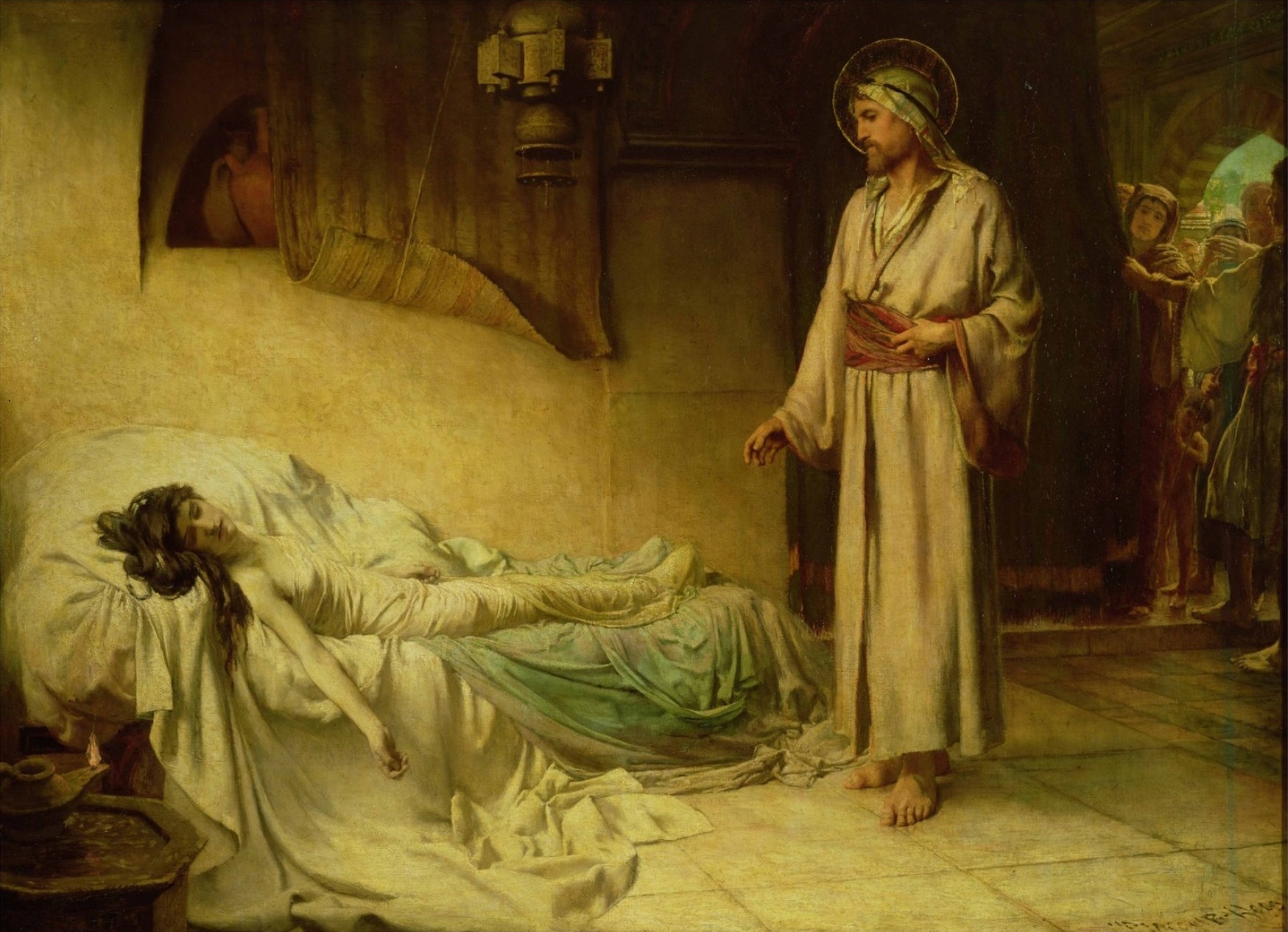
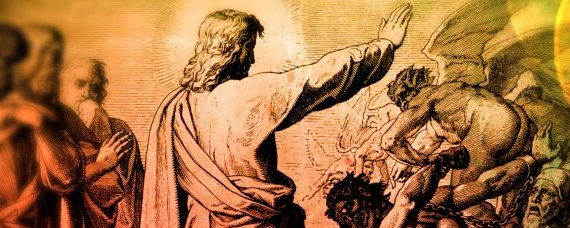
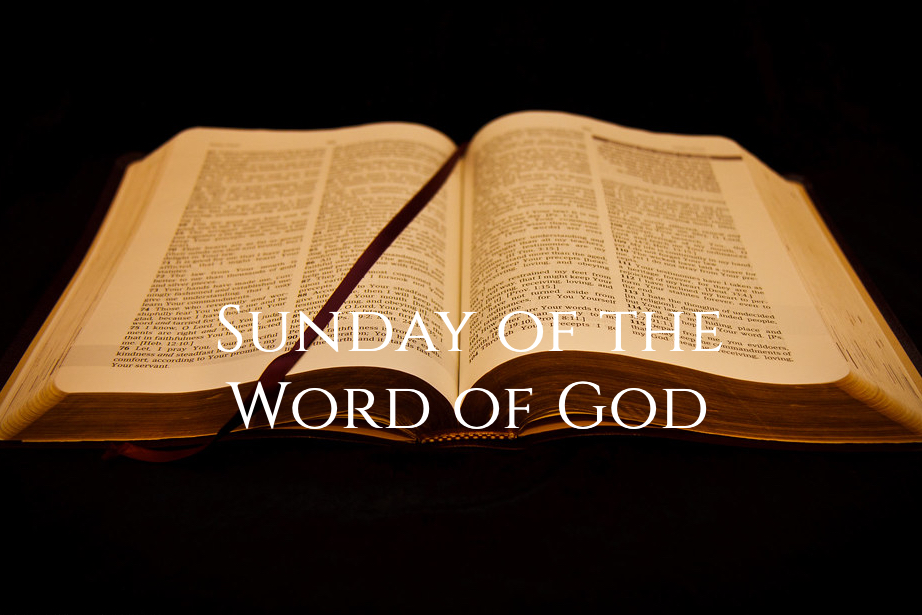
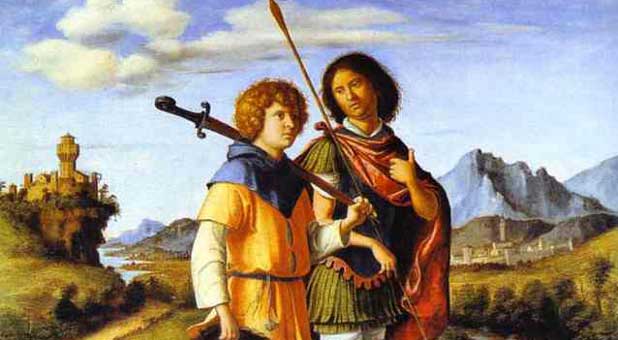
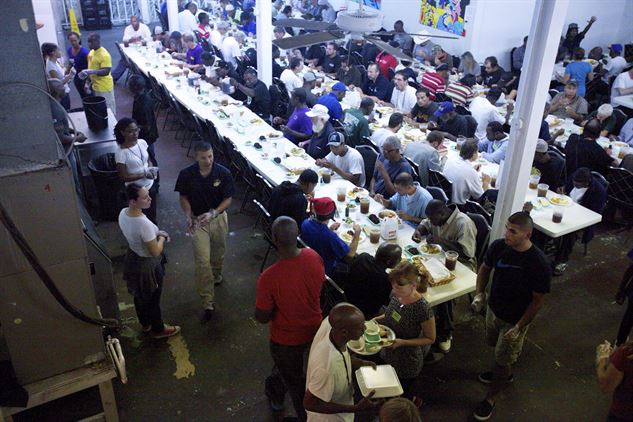

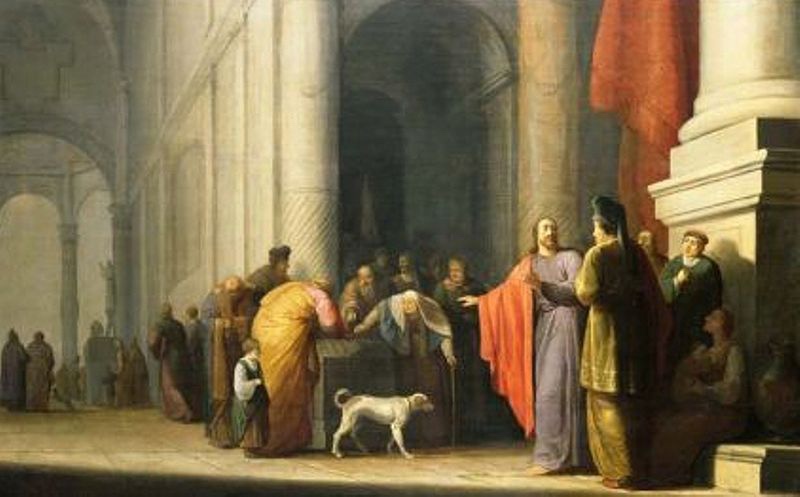
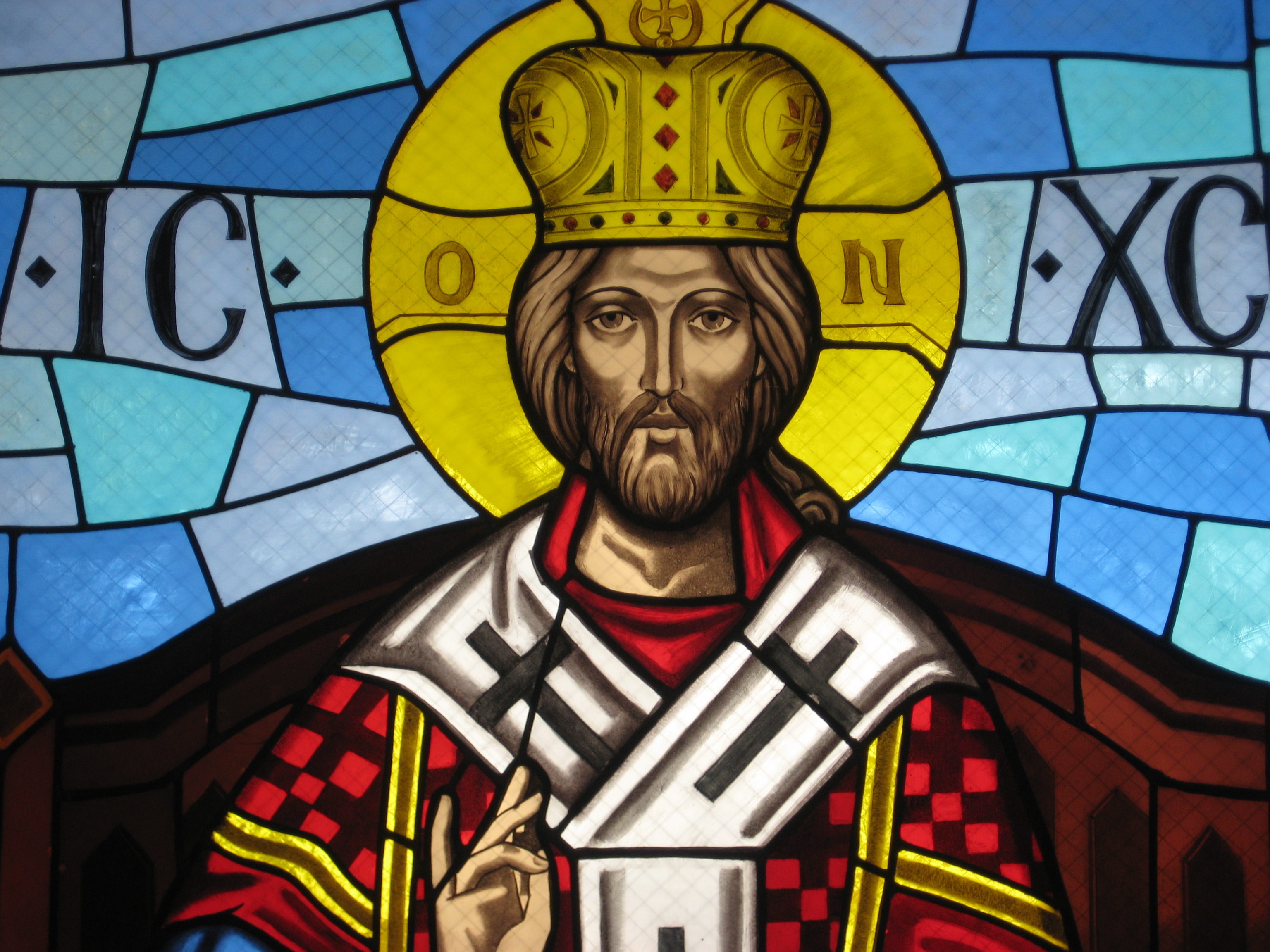
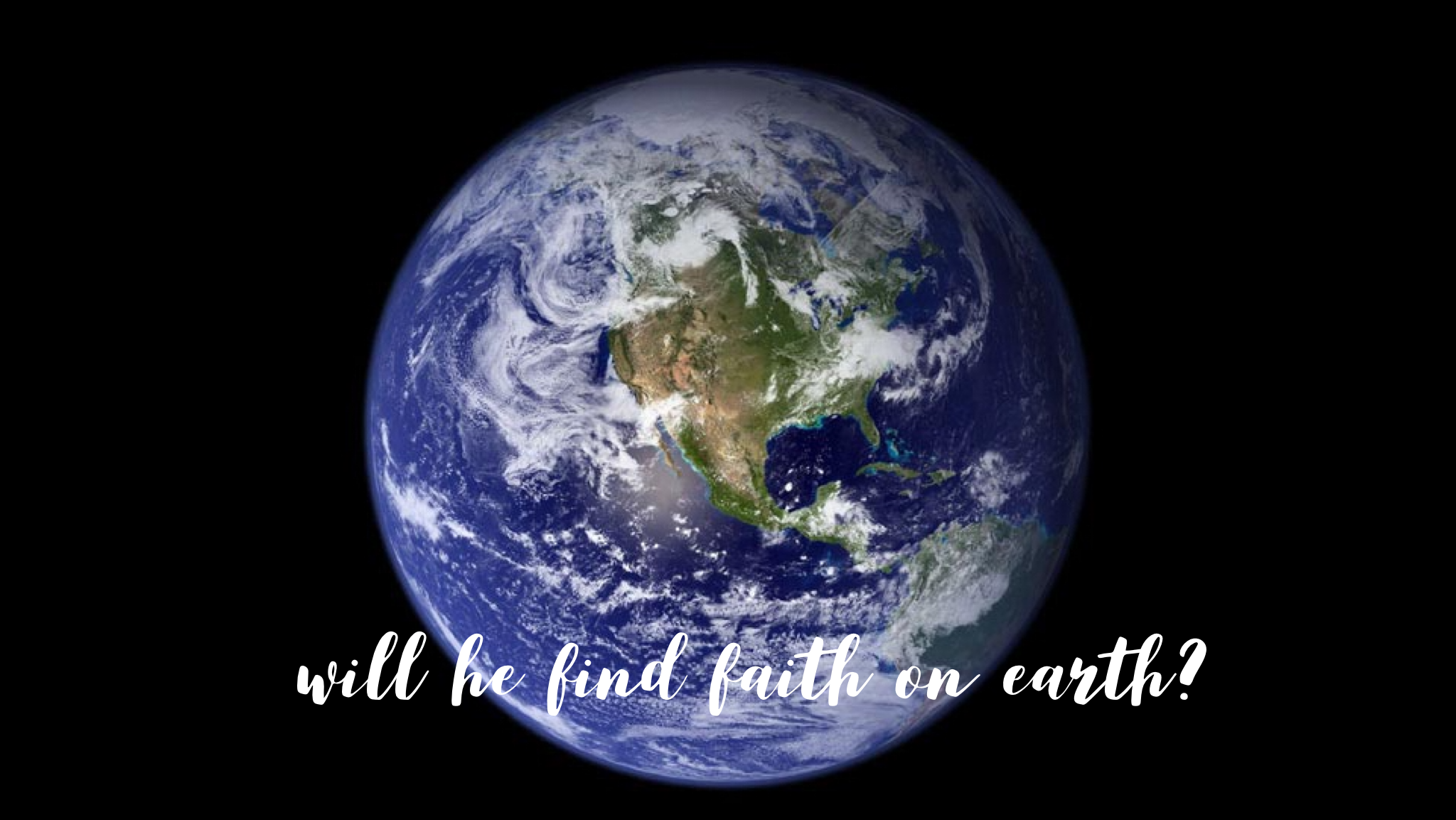
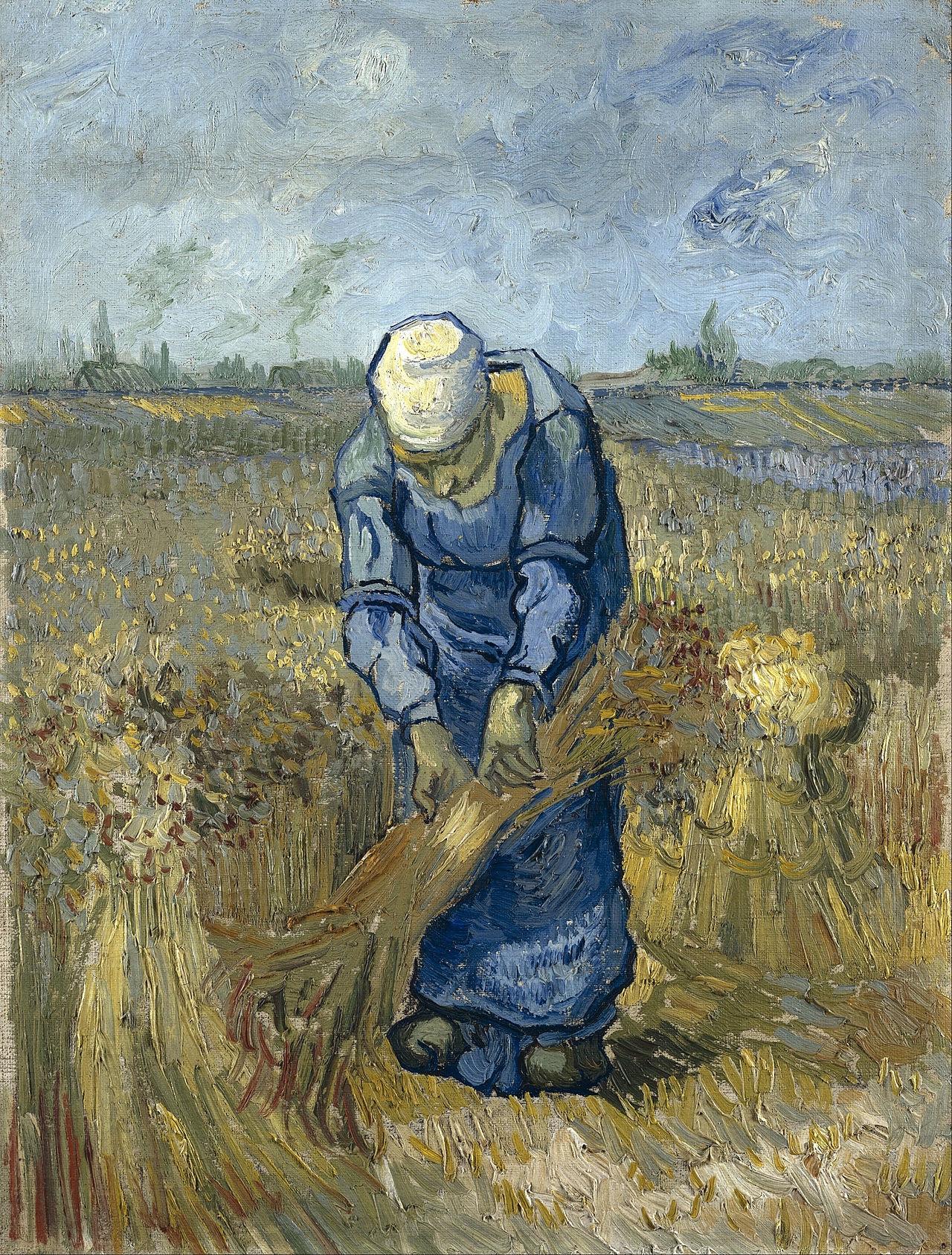
You must be logged in to post a comment.